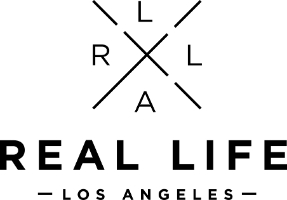March 10 --
U.S. Supreme Court upholds espionage conviction of labor leader and socialist Eugene V. Debs. Debs was jailed for speaking out against World War I. Campaigning for president from his Atlanta jail cell, he won 6 percent of the vote - 1919
New York City bus drivers, members of the Transport Workers Union, go on strike. After 12 days of no buses—and a large show of force by Irish-American strikers at the St. Patrick’s Day parade—Mayor Fiorello La Guardia orders arbitration - 1941
(Reviving the Strike: How Working People can Regain Power and Transform America: If the American labor movement is to rise again, the author says, it will not be as a result of electing Democrats, the passage of legislation, or improved methods of union organizing. Rather, workers will need to rediscover the power of the strike. Not the ineffectual strike of today, where employees meekly sit on picket lines waiting for scabs to take their jobs, but the type of strike capable of grinding industries to a halt—the kind employed up until the 1960s.)
United Farm Workers leader César Chávez breaks a 24-day fast, by doctor’s order, at a mass in Delano, California’s public park. Several thousand supporters are at his side, including Sen. Robert Kennedy. Chavez called it “a fast for non-violence and a call to sacrifice” - 1968







No comments:
Post a Comment